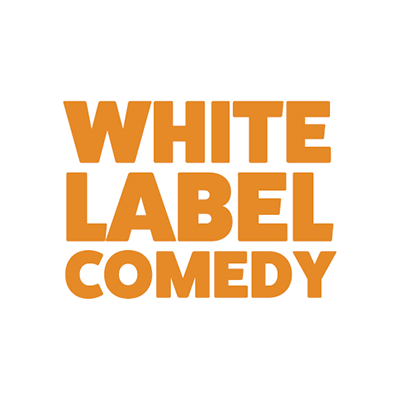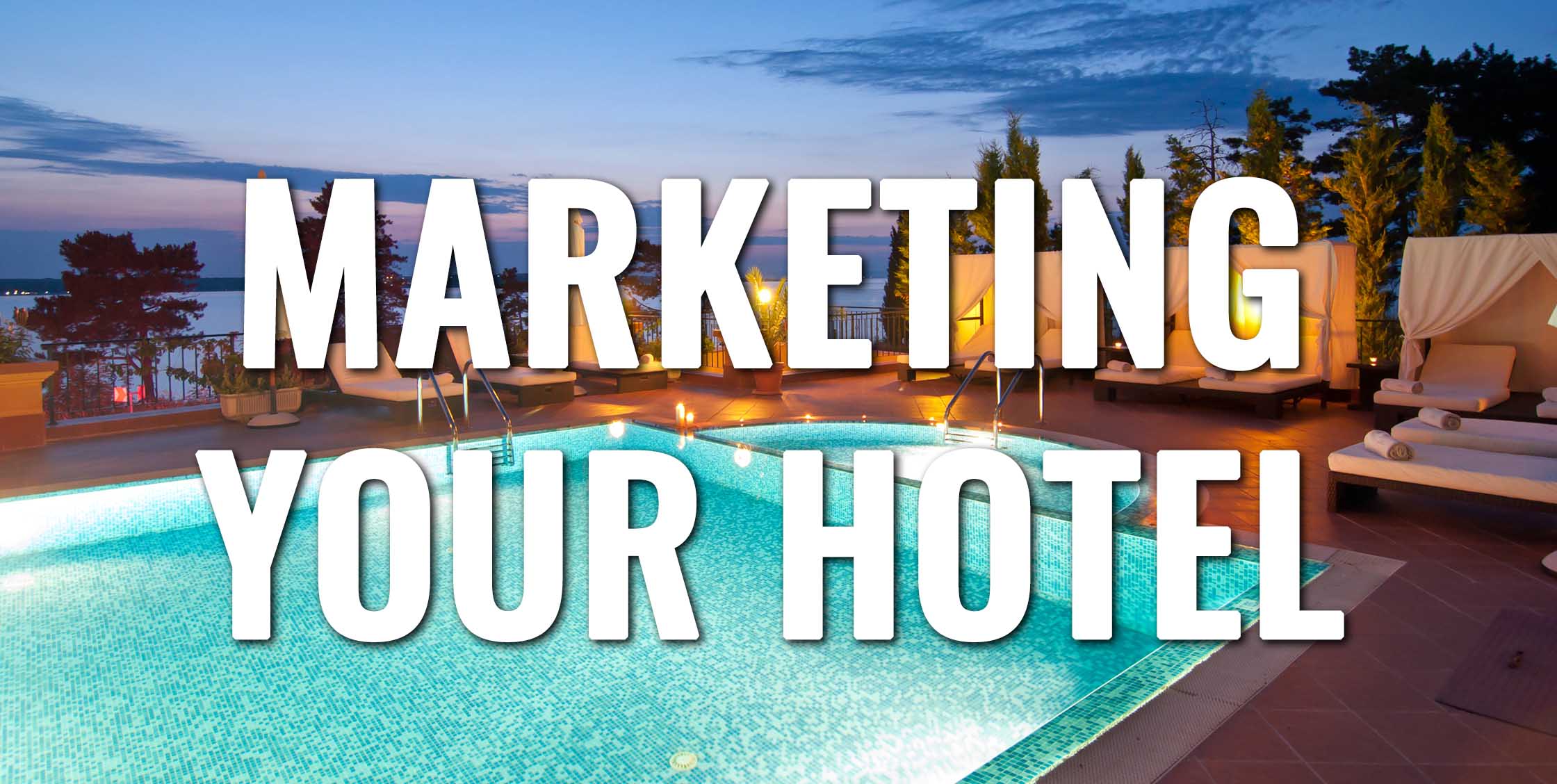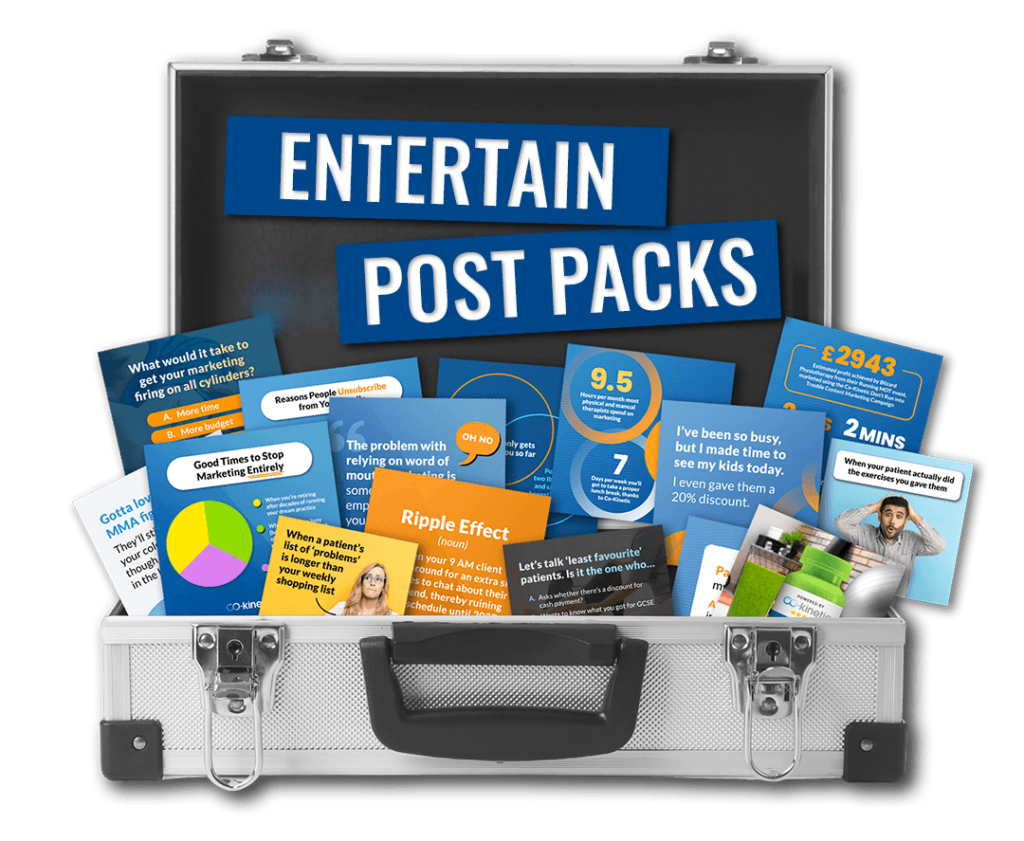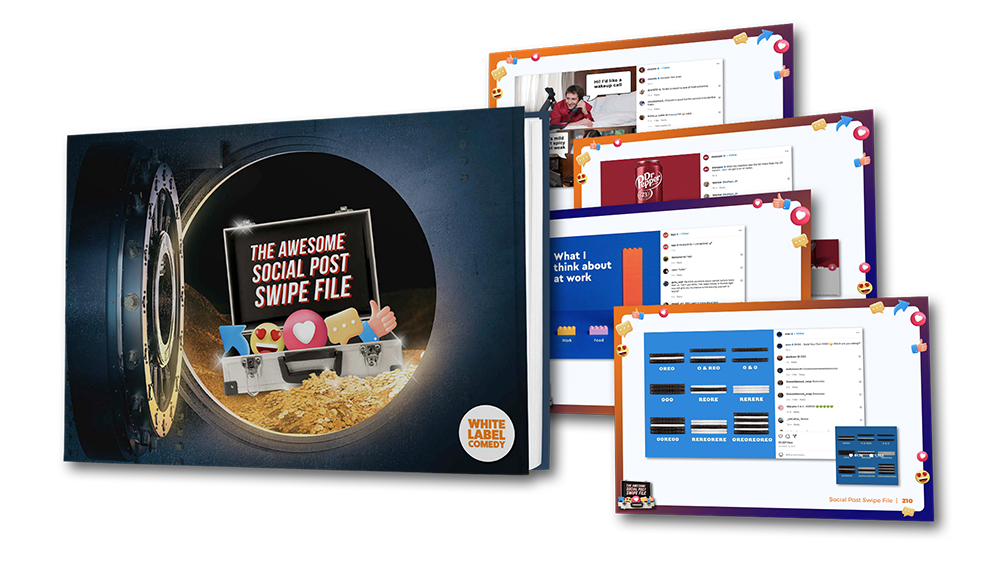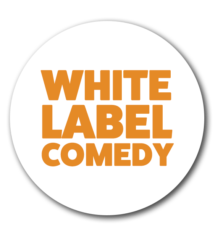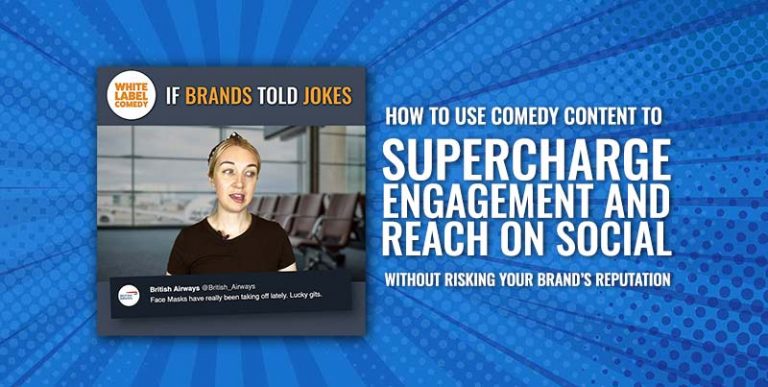The hotel industry is defined by competition. Whether it’s other hotels, swanky apartments or even a futon on Airbnb, there’s nearly unlimited choice — and your potential guests know it.
Research by Google revealed that consumers will, on average, visit 18 different websites before making a hotel booking. This means it’s vital to market your hotel to its full potential online. You can’t afford to make mistakes anywhere along the sales funnel, from your content marketing, to your booking process. If any stage of the process is difficult or uninspiring, would-be holidaymakers will simply move on to another hotel on their list.
With this in mind, we’ve assembled the ten most important things you can do to elevate your hotel’s online marketing strategy and secure those bookings!
10 Ways to Improve your Hotel’s Digital Marketing and Get More Bookings
1. Make sure guests can find you
It sounds simple, doesn’t it? But the truth is that potential customers need to be able to find you online, wherever they’re looking. You need to be everywhere.
Yes, you have a website for direct bookings. But you also need to be on the OTAs (Online Travel Agents) and all the relevant social media platforms. Your competitors are.
Having established a web presence, you need to make it as easy as possible for people to find it. This means building a large following and creating brand awareness on social media (we’ll get to that) and advertising (we’ll get to that, too). It also means your website needs to be search engine optimized.
2. Outrank your competition in search results
Have you ever sat down and thought, “Time to Google my business”? No? You should. If your hotel in Cornwall is ranking on page thirty-three of Google when you search ‘hotels in Cornwall’, your competitors are getting all the bookings.
If that’s the case, it’s about time you learned how to use an SEO program (or hired someone to do it for you). Make sure your website includes well-written copy containing relevant keywords, quality images, loads quickly, and is user-friendly.
The hotel industry is all about location, so remember to consider local SEO too. What words might people use when they’re looking for hotels in your specific locality? Those keywords should feature on your website (blogs are a great way to do this).
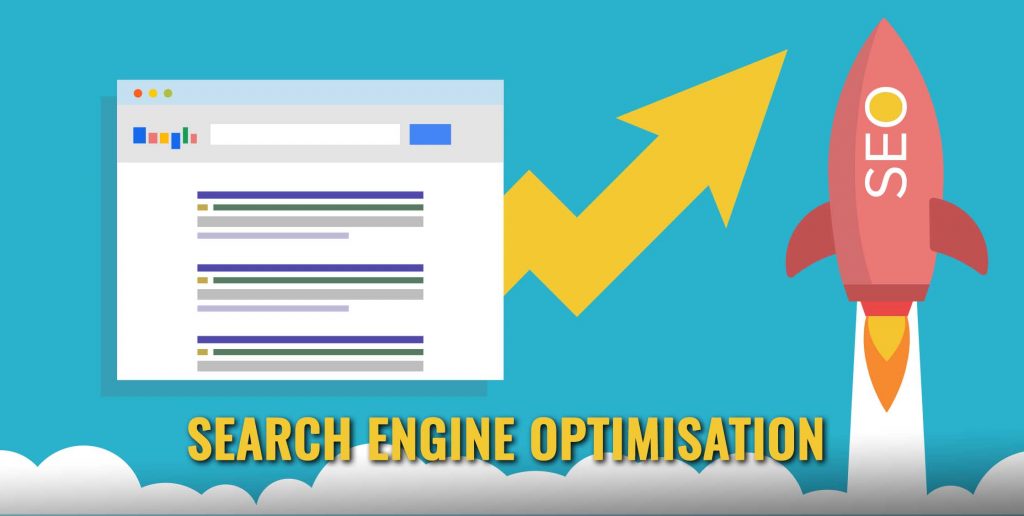
3. Optimise your website for mobile
Your website and booking engine must be user-friendly. Specifically, they need to be attractive and easy to use for viewers using phones or other mobile devices. According to Google, 50% of people are happy to research and book a holiday online without ever going near a computer.
You can assume that around half of your web traffic is coming from mobile devices — so you can’t afford to treat the mobile version of your site as an afterthought. In fact, 62% of consumers who have a bad experience on mobile say they’re less likely to buy from that brand ever again.
The solution is simple. Ensure your hotel’s website looks beautiful, is easy to read, and guides each potential guest logically and without hassle from their first visit to completing their booking — regardless of whether they’re on a phone, tablet for computer.
4. Concentrate on social media
60% of hotel guests use social media to research their trip. You need to maintain a strong presence wherever your ideal guests are.
That’ll be the normal ones — Facebook and Instagram — but what about Twitter? Pinterest? Google+? LinkedIn?
Get to know your ideal customer and where they hang out online, then adjust your marketing plan to reflect that. This isn’t a one time thing — you’ll need to keep adjusting your approach to reflect trends, algorithm changes and shifts in user behaviour.
The social media marketing world is anything but static. Don’t fall into the common trap of thinking that a social media marketing plan does not require monitoring or adjustment during its implementation!
However, one rule remains constant — social media marketing is content marketing. Your success or failure is defined by the appeal and shareability of the content you post, so invest in stunning photography and video that shows your hotel in the best light. Share a mix of shiny brand films and entertaining ‘behind-the-scenes’ phone footage, where appropriate — just keep that content flowing.
Remember that funny content travels far and wide, for free, because people love to share what makes them laugh. It’s easy to say ‘we’re a hotel, so we can’t be funny’. But take some time to consider what type of humour could suit your brand and appeal to your guests, then inject that into your content. This can give you the edge over your less-creative competitors.
Don’t neglect social media customer service, either. One in three people will take to social media as a first choice when they have a customer service issue. If you ignore your Facebook inbox, or respond days after messages are received, you will inevitably lose bookings.
You should respond to every direct message, and it’s good practice to respond to as many public comments as you can, too. Even if nobody has asked a direct question, replying to comments indicates to the massive audience of potential customers that you are on-hand and ready to help when they do have a query.
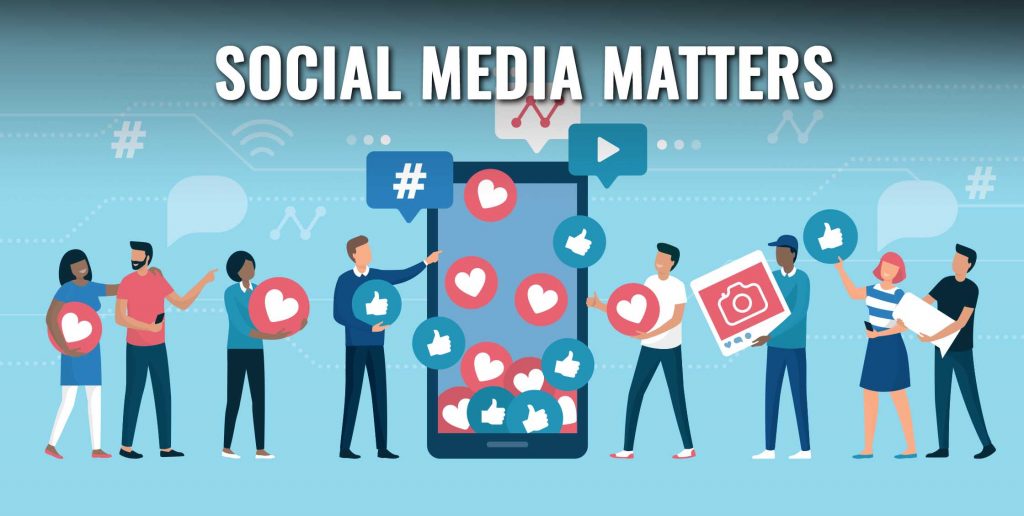
5. Know the importance of user-generated content
User-generated travel posts are a key factor in inspiring other travellers. A stunning snap on Instagram can motivate someone to visit a country or city. It can also go a long way towards encouraging a potential customer to make a booking at your hotel.
This user-generated content acts as ‘social proof’. When a social media user sees others posting about your hotel (particularly friends, family, or people they look up to), they get the impression that your brand is trusted, well-liked, and desirable. This makes them much more likely to convert into a paying customer.
Most of this marketing is free and organic — if guests have a positive experience at your hotel, they’re highly likely to post about it on social networks. You could also experiment with running competitions that require users to share their own photos as a condition of entry. You’ll invariably find that the value of increased brand awareness and social proof far exceeds whatever the contest prize has cost you.
Many hotels supercharge the impact of user-generated content by actively collaborating with social media influencers. If you’re going to try this, be sure to pick influencers who have a large following of your ideal customers.
6. Maintain your reputation
You know this industry is all about guest satisfaction. Nowadays, guests who aren’t satisfied can very easily tell you. This is great, in a way, as it will help you improve. Unfortunately, they can also tell the whole world via online reviews.
Negative customer reviews on platforms such as TripAdvisor, Google and Trivago (as well as your own social media pages) can wreak havoc on your online reputation and cost you bookings. Obviously, the best thing you can do to avoid this is to ensure that each and every guest has a flawless experience.
When it comes to dealing with the occasional and sadly inevitable bad review, it’s best to treat them as opportunities to improve your reputation. Deal with the issue efficiently and politely, making it abundantly clear in your public response that this was an isolated incident, that you will seek to improve, and that you are willing to offer compensation, if appropriate. It’s not just the customer who complained that will be reading your response, after all.
It’s also a good idea to try to move the conversation out of the public eye and into DMs or email as soon as possible, especially if a customer is being difficult. Whatever you do, don’t snap. We’ve all seen the nightmare examples of hotel and restaurant owners losing it and posting unfiltered, angry responses to bad reviews. That’s very, very hard to come back from.
7. Don’t neglect email marketing
Social media marketing reigns supreme for boosting brand awareness, but email marketing campaigns are likely to deliver a better ROI. Don’t underestimate the power of a large mailing list and a well-crafted email campaign.
Unlike social media (with the exception of paid ads) email marketing lends itself easily to A/B testing. Send different emails to different portions of your subscriber list, and see which yields the most bookings. This is a great way to quickly learn what works, so you can do more of it.
To optimise your email newsletters, it’s worth investing in the services of an experienced copywriter. Yes, your emails will contain stunning images, but no one will ever see them unless your subject lines are enticing enough to stand out in a crowded inbox! Again, comedy is a great way to do this — just make sure your copywriter has your brand’s tone of voice down to a tee, and is skilled enough to ‘write funny’ while still conveying a clear call to action.
You should incorporate both email and social media into a synergised digital marketing strategy for best results. Each will help you tap into a different audience, but they’ll also feed into each other — social media can help you build your mailing list, and your emails will contain links to your social media pages.
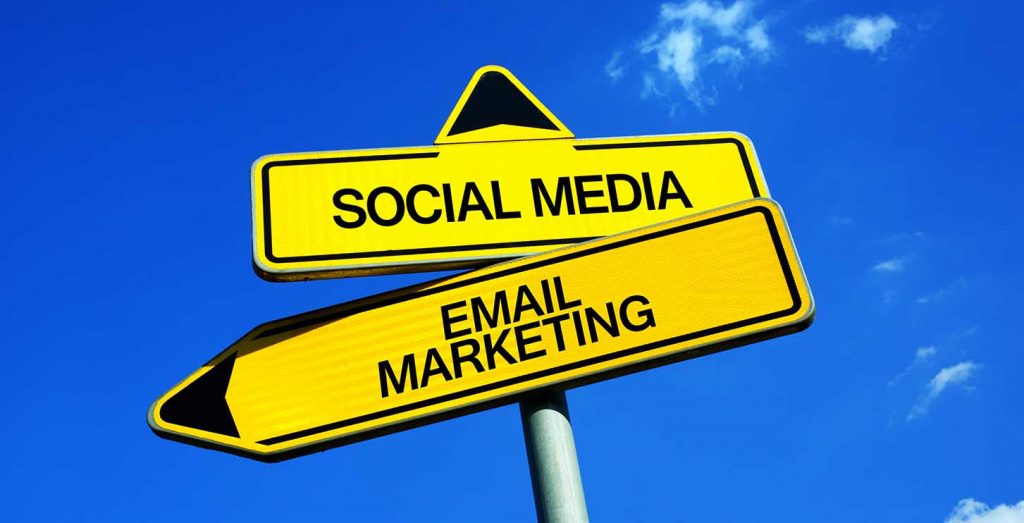
8. Take advantage of Google Ads
Most hotel marketers will be well aware of Google Hotel Ads, so we’re not going to get too much into specifics here. But if you’re just starting out, or haven’t yet started running Google Ads for any other reason, let’s get you up to speed.
Google Hotel Ads is a meta-search platform that shows detailed hotel listings to people searching for hotels on Google or Google Maps. A typical search for ‘Hotel in London’ will produce a mix of paid and organic results, but Google earmarks a dedicated chunk of screen space to their Hotels module.
This box of featured adverts is more visually appealing and far more information-rich than the text-only ads at the top of the screen (and of course, the organic results don’t stand a chance). When searchers click on a hotel ad in this box, they’re taken to profile page with more details, photos, reviews and price comparison across the OTAs. From there, they’re just a couple of clicks from completing a booking.
Google Hotel Ads is designed to seamlessly transport the customer from search to booking as quickly as possible. If you’re not already taking advantage of this, you should be!
9. Allocate more budget to peak seasons and times
Your ad platforms (Facebook, Google, and the rest) allow you to continually adjust your budget. If you’re currently taking the ‘set it and forget it’ approach, you might be saving time and effort — but you’re definitely sacrificing bookings.
Take full advantage the tools at your disposal by allocating more spending during your peak booking seasons. As well as considering what time of year your advertising is most likely to pay off, you can also examine the data to establish what days of the week and times of day tend to yield the most bookings.
You can even split your audience based on room type, then schedule and allocate budget to different adverts accordingly. For instance, if your single rooms are often booked by business travellers who search for accommodation during business hours, it makes sense to schedule those adverts for weekday daytimes. Whereas it’s likely worth paying to advertise your romantic suites primarily on evenings and weekends.
10. Remarket!
Remarketing is the practice of advertising to people who are already aware of your brand, most likely because they’ve already visited your website. It’s targeted marketing at its most targeted.
Unfortunately for marketers, humans don’t tend to commit to buying (or in your case, booking) the first time they see or read about something. Conversely, people who are already aware of your brand are psychologically primed to respond to your call to action when it pops up on Google or their social media feed.
This is why remarketing is a cornerstone of digital marketing for every industry. But it’s particularly relevant for hoteliers, because the abandonment rate for online hotel bookings is a terrifying 75%! You can claw back those lost bookings by targeting website visitors with adverts. You can also experiment with targeting past guests, or people who have signed up to your email newsletter.
Some abandoned bookings are due to guests deciding to book with competitors instead, but many will be due to mundane distractions like ‘dinner was ready’. Don’t lose out completely — use the remarketing options on the various ad platforms to follow up with a laser-focused reminder!

So there you have it! Ten top tips to give you an edge in the competitive world of hotel marketing. Got questions, or want to chat about a key tip we’ve missed?
Maybe you’re intrigued to learn how injecting your social media and email campaigns with comedy can help you secure more bookings? Let’s talk! Book a call using the calendar below.
